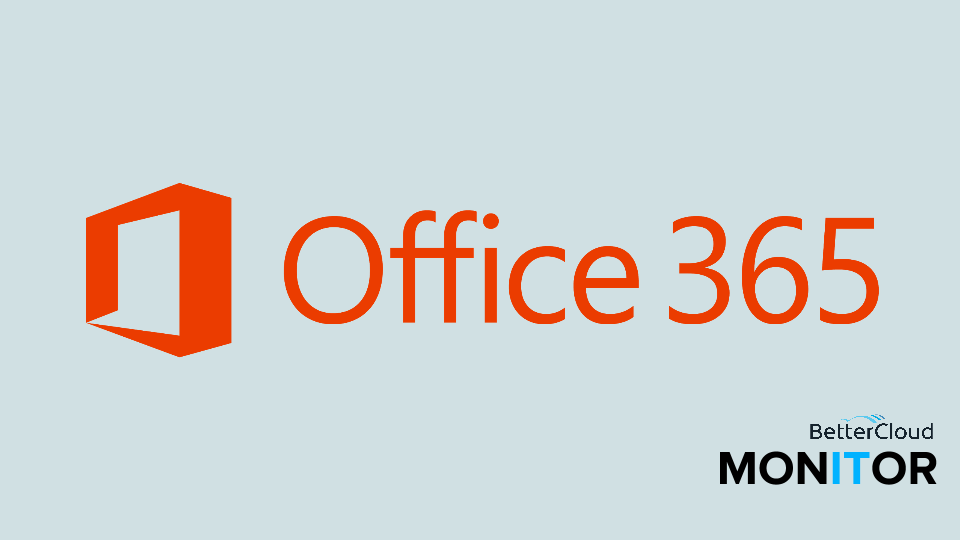What Does Office 365 Have That Office 2013 Doesn't?
2 minute read

We’ve taught you the difference between Office 365 and Office 2013, so you know that 2013 is part of some Office 365 plans and a also standalone product in its own right. But many users are still wondering: what does Office 365 have that Office 2013 doesn’t?
(Writer’s note: This post was written before general availability of Office 2016, but most of the points about Office 2013 apply to Office 2016.)
Office 365 is a services brand. So in this post, we’re highlighting the features of Office 365 that go above and beyond what you’ll experience with only Office 2013.
Cloud Features
Microsoft touts its modern initiatives as “mobile-first and cloud-first,” and it’s nowhere more apparent than with Office 365. If you have multiple devices, as many of us do, you can install Office 365 on all of them, sign in using the same account, and have a seamless work experience. O365 generally offers five installs per business account.
Gone are the days of installing cumbersome updates; with O365, end users won’t even notice when their software is updated. Office 2013 programs are kept automatically up-to-date when part of an Office 365 subscription.
OneDrive for Business is also a key component of Office 365, and one that many of us now take for granted. But it wasn’t long ago when our Office usage was limited by the storage on our local machine, or maybe a server that quickly filled up with coworkers’ files. Cloud storage is crucial.

Additional Tools and Functionality
How about Delve, Sway, Yammer, and all all the other cool new features and tools that the Office teams are introducing on a regular basis? Well, many of them are browser-based and solely a part of Office 365. While new features are still being added to the desktop applications (like real-time co-authoring in Office 2016), many of the “bells and whistles” will be found in browser-based features–yet another component that Office 365 offers that you won’t find with standalone Office 2013.
Of course, the administrator controls in Office 365 are a big upgrade from past Microsoft offerings, and allow IT admins to have more control over their tenants than ever.
While Office 2013 is still an incredibly valuable part of the Office suite, and there are some business cases that might call for using it without Office 365, we’re sure that more and more O365-only features will be developed as Office 365 continues to evolve.






